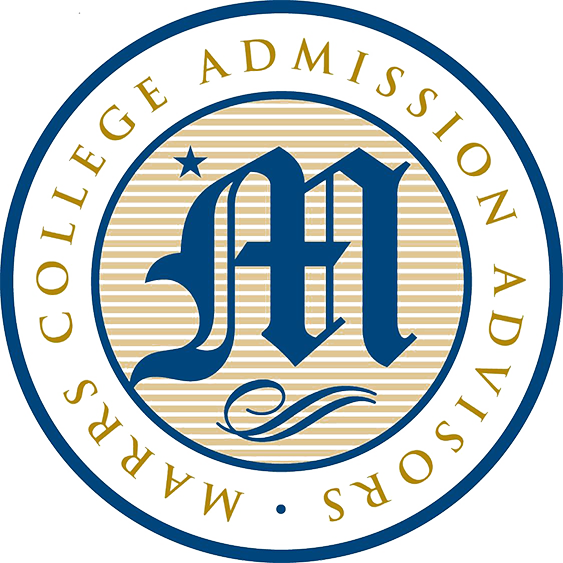College Highlight
Carnegie Mellon University
The only premier university equally strong in technology and the arts, Carnegie Mellon is a national leader in what it calls "liberal-professional" education. Applications continue to increase, so it must be doing something right. Shares its urban neighborhood with a variety of cultural and academic institutions, including the University of Pittsburgh.
Students at Carnegie Mellon don't have to choose between soaking up the high drama of Shakespeare and plunging into the fast-paced tech world. The university is known for both its science offerings and strong drama and music programs. But scholars can't just focus on their own course of study—Carnegie Mellon continues to strive to offer both its technical and liberal arts students a well-rounded education that requires a lot of hard work but promises great results.
Carnegie Mellon was formed by the merger of Carnegie Institute of Technology and the Mellon Institute in 1967, resulting in a self-contained, 152-acre campus attractively situated in Pittsburgh's affluent Oakland section. Next door is the city's largest park and its major museum, named after—you guessed it—Andrew Carnegie. Henry Hornbostel, who attended the École des Beaux-Arts in the 1890s, designed the campus using a plan that is a modification of the Jefferson plan for the University of Virginia, with the Beaux-Arts device of creating primary and secondary axes and grouping buildings around significant open spaces. Buildings are designed in a Renaissance style, with buff-colored brick arches and piers, tile roofs, and terra cotta and granite details.
Most departments at Carnegie Mellon are strong, but exceptional ones include engineering, computer science, and drama. The most popular majors are computer science, electrical and computer engineering, mechanical engineering, and information systems, and students generally agree that Carnegie Mellon is more of a science-oriented school. The Science and Humanities Scholars program allows talented undergrads to develop their own course of study. In addition, the Fifth-Year Scholars program provides full tuition for outstanding students who want to remain at Carnegie Mellon for an additional year to pursue more studies that interest them.
Carnegie Mellon appeals just as much to those yearning for the bright lights of Broadway as it does to those pursuing the glowing computer screens of the scientific and business worlds. And with a broad range of liberal arts and technical courses not only available, but required, there's no doubt students leave with a well-rounded education—and an impressive diploma. Students more interested in specializing in one field than gaining exposure to many may fare better elsewhere, but most who opt for Carnegie Mellon agree that the demanding environment is well worth it. As one recent graduate attests, Carnegie Mellon "shaped not only my education, but also my personality, and helped me formulate my postgraduate plans."

